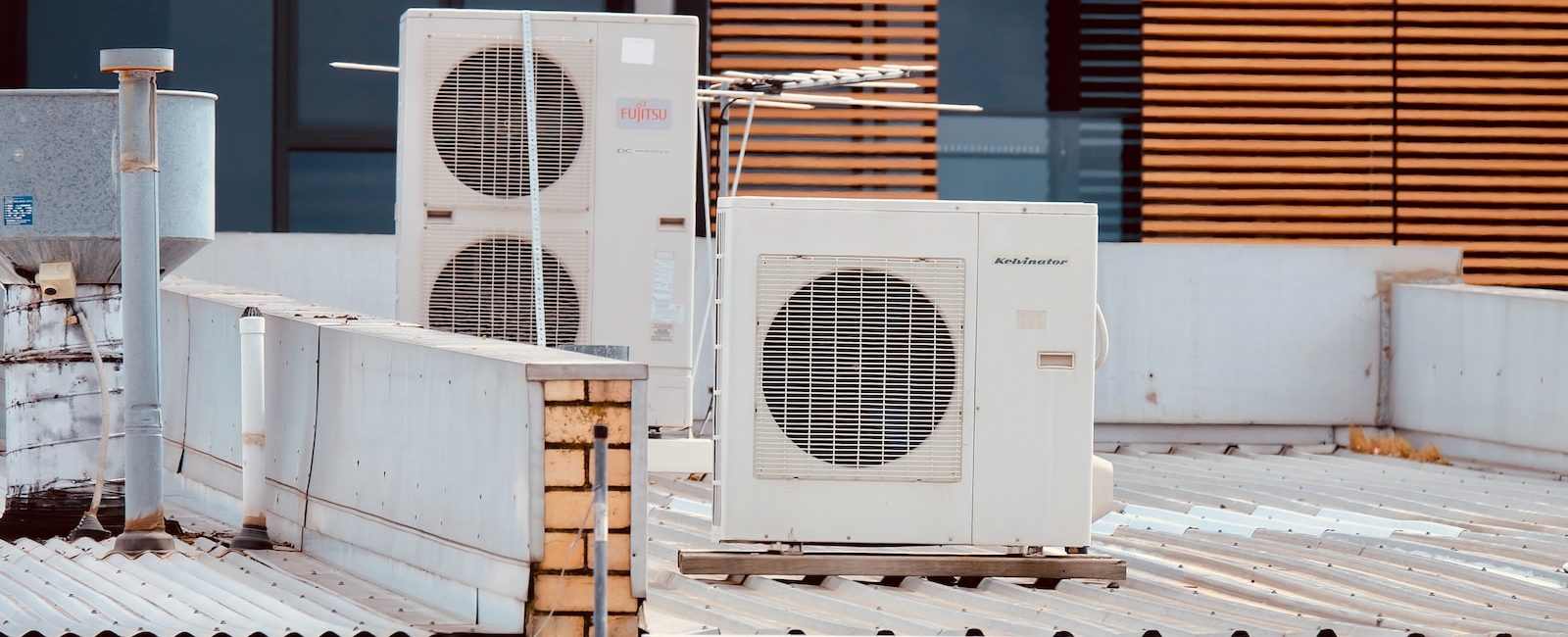
Maintaining your air conditioning system is paramount to ensure it functions efficiently, providing you with a comfortable indoor environment. A critical aspect of AC maintenance is monitoring its refrigerant, commonly referred to as air conditioner gas.
In this comprehensive AC maintenance guide, we will explore the factors affecting how long air conditioner gas lasts and provide valuable insights to keep your cooling system in top condition.
The Role of Refrigerant
Air conditioner gas, or refrigerant, is the lifeblood of your cooling system, as it circulates through the air conditioner’s coils and absorbs heat from your indoor space, leaving behind cool, refreshing air. They are crucial for maintaining a comfortable indoor environment.
Types of Refrigerants
Over the years, various types of refrigerants have been used in air conditioning systems. While older systems often use ozone-depleting refrigerants like R-22, modern AC units typically rely on more environmentally friendly options, such as R-410A. Understanding the type of refrigerant your AC system uses is important for proper maintenance.
Factors Affecting Refrigerant Lifespan
Initial Charge
When your air conditioner is installed, it is filled with a specific amount of refrigerant known as the “initial charge.”
The lifespan of your air conditioner gas depends significantly on the quality and quantity of this initial charge.
Leaks
One of the most common reasons for a decrease in refrigerant levels is leaks. Over time, wear and tear or external factors can lead to leaks in the AC system, causing a gradual loss of refrigerant.
Detecting and repairing these leaks promptly is crucial to maintaining the efficiency of your cooling system.
Evaporator and Condenser Coils
The evaporator and condenser coils in your AC unit are responsible for heat exchange, and they can also impact refrigerant lifespan.
Dirty or clogged coils can hinder heat transfer and strain the system, potentially leading to increased refrigerant usage.
Proper Installation
A correctly installed air conditioning system is less likely to experience refrigerant-related issues.
Improper installation, on the other hand, can result in refrigerant leaks or an inadequate initial charge, both of which can affect the longevity of your air conditioner gas.
Signs of Low Refrigerant Levels
- Reduced Cooling Capacity:One of the first signs of low refrigerant levels is a decrease in your air conditioner’s cooling capacity. If you notice that your home is no longer as cool as it used to be, it could be due to insufficient refrigerant.
- Longer Cooling Cycles:An air conditioner with low refrigerant levels may run for longer periods to maintain the desired temperature. Prolonged cooling cycles can lead to increased energy consumption and reduced efficiency.
- Warm Air Blowing:If your AC system starts blowing warm air instead of cold, it’s a clear indication of a refrigerant issue. Low refrigerant levels can impair the cooling process, resulting in warmer air being circulated.
How Long Does Air Conditioner Gas Last?
- Variable Lifespan:The lifespan of air conditioner gas can vary widely depending on several factors, including the quality of the refrigerant, the initial charge, and the presence of leaks. On average, a well-maintained AC system can retain its refrigerant for 10 to 15 years or more.
- Regular Maintenance:Proper maintenance is key to extending the lifespan of your air conditioner gas. Regular inspections by a qualified HVAC technicians like Barnet Climate Control can help detect and address refrigerant leaks or other issues promptly.
- Recharging Refrigerant:If your AC system experiences a significant refrigerant loss, it may need to be recharged. This involves adding more refrigerant to the system to restore its efficiency. Recharging should only be performed by a licensed professional, as overcharging or undercharging can lead to performance problems.
Summing it up
Understanding how long air conditioner gas lasts is essential for maintaining a comfortable indoor environment. Factors such as the quality of the refrigerant, initial charge, and proper maintenance all play a role in determining the lifespan of your AC system’s refrigerant.
When facing AC issues, it’s advisable to consult a professional HVAC technician for expert repair and maintenance.
Regular inspections and prompt repairs are crucial for ensuring your air conditioner operates efficiently and provides reliable cooling for years to come.


